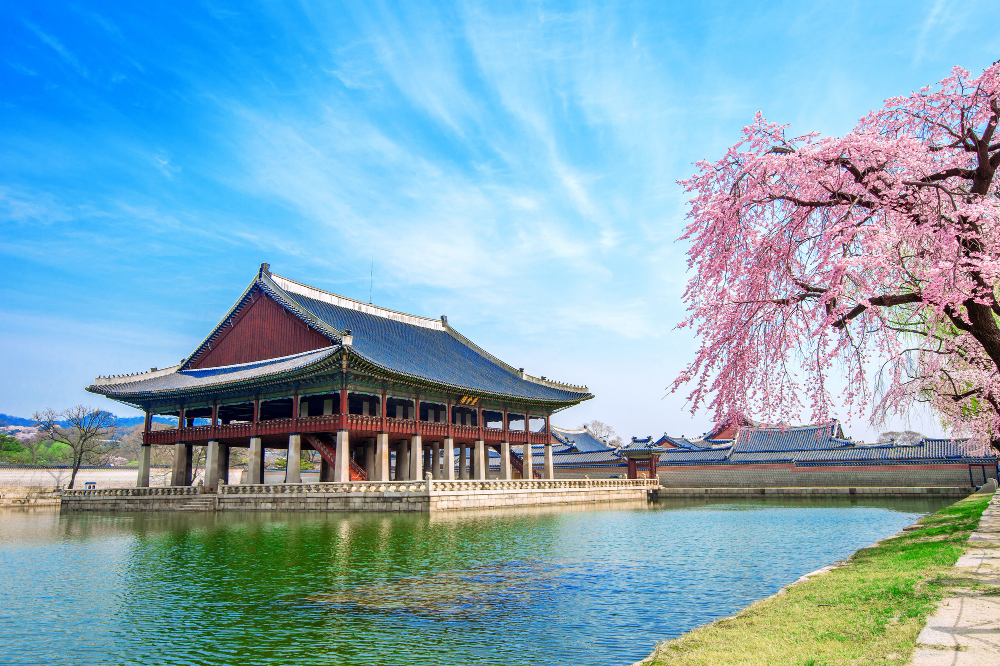
South Korea has emerged as a leading destination for medical tourism, attracting patients from the United States, China, Russia, the Middle East, and Southeast Asia. Known for its advanced healthcare technology, rapid service delivery, and high safety standards, South Korea combines medical innovation with a strong cultural emphasis on hospitality and personal attention. Its world-class hospitals, especially in Seoul, Busan, and Daegu, are equipped with state-of-the-art facilities and internationally trained physicians, making it a global hub for complex and aesthetic procedures alike.
Patients are drawn not only to South Korea's superior clinical outcomes but also to its patient-centric model that merges care with comfort. The country's robust digital infrastructure allows for streamlined medical services—from appointment bookings to diagnostic imaging and electronic records—all of which contribute to a frictionless healthcare experience for international visitors.
South Korea is globally renowned for cosmetic and plastic surgery, particularly facial contouring, rhinoplasty, eyelid surgery, and anti-aging treatments. These are performed in high volumes with exceptional skill and natural-looking results. The country is also a center of excellence for dermatology, hair transplants, LASIK and other ophthalmologic procedures, dental implants, spine and orthopedic surgeries, oncology treatments, and advanced robotic-assisted surgeries.
South Korea also leads in stem cell therapy, regenerative medicine, and minimally invasive procedures, with short hospital stays and quick recovery times. Packages often include accommodation, translators, airport pickup, and post-treatment care—making the experience smooth and stress-free. Compared to the U.S. or Japan, treatment costs in Korea are considerably lower while maintaining global standards of care.
South Korea is well connected through Incheon International Airport, one of the world’s busiest and most efficient airports. Many travelers benefit from visa exemptions or a simplified medical visa process. Once in the country, medical tourists are welcomed with specialized concierge services, including transportation, multilingual interpreters, and care coordinators who guide them throughout their stay.
Most private hospitals in South Korea offer English-speaking staff, and some cater to patients in Chinese, Arabic, Russian, and Vietnamese. Religious and dietary accommodations are readily available, such as halal meals and female-only care teams. Beyond the hospital, patients can enjoy Korea’s serene temples, K-beauty experiences, and lush mountain spas, which add a wellness dimension to their medical journey.
South Korea’s healthcare system is regulated by the Ministry of Health and Welfare, ensuring high standards of safety, cleanliness, and patient rights. Many hospitals that serve foreign patients are accredited by international organizations such as JCI and ISO. These institutions must adhere to strict protocols for infection control, data security, and ethical practice.
Post-procedure care is a critical component of the Korean medical tourism model. Most hospitals offer detailed recovery plans, remote follow-ups, rehabilitation support, and long-term monitoring to ensure patient satisfaction and outcomes. For extended treatments such as cancer therapy or spine rehabilitation, many hospitals integrate wellness recovery with medical lodging services or collaborate with specialized rehab centers.
Combining medical excellence, innovation, affordability, and hospitality, South Korea is a premier destination for those seeking transformative medical procedures in a supportive and tech-forward environment. Whether you’re pursuing aesthetic enhancement, advanced treatment, or wellness recovery, South Korea offers a seamless, world-class medical tourism experience that blends safety, efficiency, and cultural richness.
1. Why choose South Korea for medical tourism?
South Korea offers advanced technology, skilled doctors, and excellent care at lower costs.
2. What are the most popular treatments in Korea?
Cosmetic surgery, dermatology, LASIK, dental implants, and robotic surgeries are top choices.
3. Is English spoken at hospitals?
Yes, most private hospitals have English-speaking staff and interpreters.
4. Are Korean hospitals internationally accredited?
Yes, many are accredited by JCI and follow global medical standards.
5. How much cheaper is treatment in Korea?
Treatments can be 30–50% cheaper than in the U.S. or Japan.
6. Do hospitals provide support for international patients?
Yes, they offer airport pickup, hotel booking, interpreters, and care coordinators.
7. Is it easy to get a visa for medical treatment?
Yes, Korea offers simplified medical visas and visa waivers for many countries.
8. Are halal food and prayer rooms available?
Yes, many hospitals accommodate religious and cultural needs.
9. Can I combine medical care with tourism?
Absolutely. Korea offers spas, cultural sites, and wellness resorts.
10. How is follow-up care managed?
Hospitals offer recovery plans, remote consultations, and rehabilitation services.